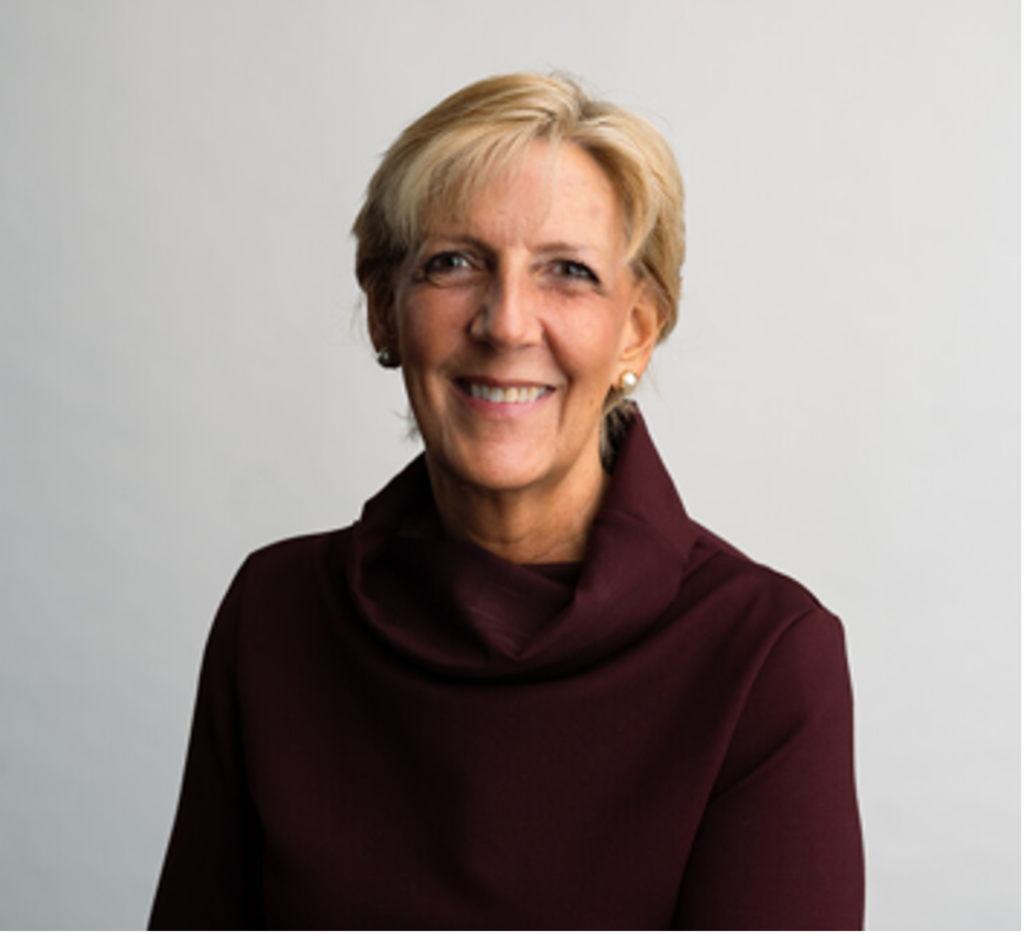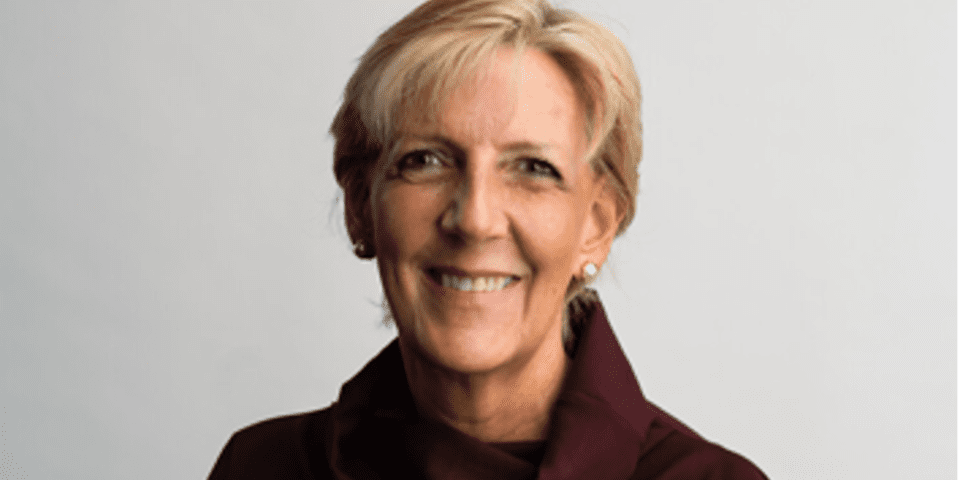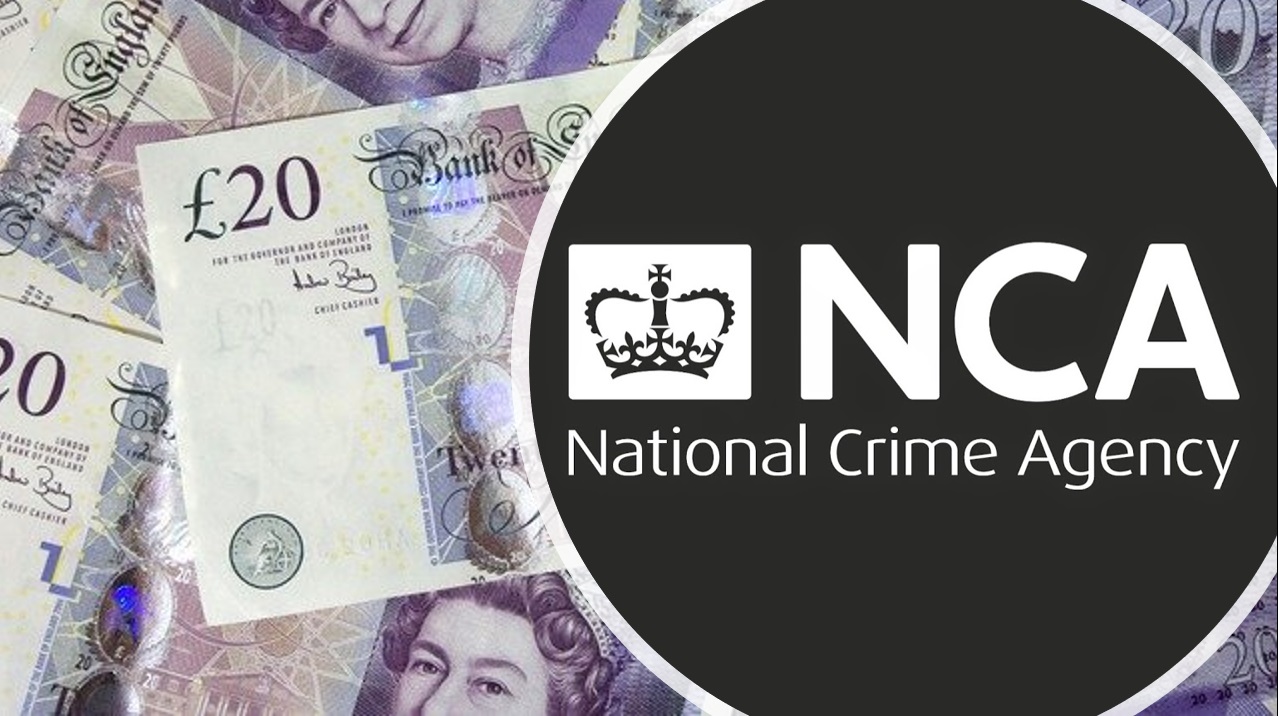
By Debby Montgomery Johnston
as told in the Nasdaq Verafin ‘2024 Global Financial Crime Report‘
My husband Lou and I, had been happily married for 26 years. We were both US Air Force Veterans and I worked at a bank, while he ran his own business.
With one teenager at home, one in college, and two older boys serving as military pilots, Lou and I were just starting to envision what life might look like as empty nesters.
Then Lou suddenly died, and I became a widow overnight. I was so mad—at Lou, at the world.
None of it was part of our plan. I didn’t want the world to see my pain. Every morning, I woke up and forced a smile on my face, staying busy by taking over Lou’s business.
I only allowed myself to cry at night when I was back home alone.
My friends were worried for me and encouraged me to try online dating. In time, I created an online dating account, hoping I could find someone to talk to—a companion to fill the void of loneliness.
Soon, someone caught my eye.
Eric was a British businessman, with a son of his own and a kind smile. He was widowed, like me. And as we began chatting, I quickly discovered that he was charming and could keep a conversation going. We started talking over instant message all the time.
Every time I heard the chirp from my messaging app, I’d run over to my computer so we could keep talking.
It was like I was 16 again.
As we shared more about each other, our families, and our lives, I grew to trust Eric—and with that came a sense of security. When I noticed small inconsistencies in Eric’s stories, they were easy to rationalize, especially as we grew closer.
Just a few weeks after they started talking, Eric asked me for money for the first time.
It was such a small amount—just $50—that I didn’t hesitate. It was only later I realized it was a test—one I unfortunately passed. With promises of repayment, I
was happy to help float him cash he needed to get by.
The requests for money slowly became more frequent, the dollar amounts creeping up over time. I became a fixture at Western Union and my banks, regularly sending thousands of dollars to places like Malaysia, England, and India—$2,500
here, $10,000 there.
When I depleted my immediate savings, I tapped into my retirement accounts, sold jewellery, and even eventually borrowed money from my parents as the months ticked by.
I kept meticulous records of all the money I sent to or on behalf of Eric, but I had no idea how much it was adding up to.
After two years, I had transferred more than $1 million dollars. None of it has been repaid.
At the time, the stories he told me felt so urgent and made so much sense. It went on for so long—my accountant knew about him, my banker knew about him, my family knew about him. It had to be real.
But it wasn’t. In September 2012, Eric came online and asked me, to my confusion, how I felt about forgiveness.
Then he confessed: the entire relationship had been a scam.
I immediately rejected the idea—it couldn’t possibly be true. Eric turned on his video camera for the first time, revealing a young Nigerian man who bore no resemblance to the British widower I had received pictures of.
It felt like hitting a brick wall. As “Eric” apologized and tried to play on my sympathies to keep the relationship going, I was overwhelmed by feelings of anger and shame.
My mind began to spin with questions: Could I catch him? Could I somehow get my money back?
After closing out of the chat, I contacted the FBI, armed with
more than 4,000 pages of journal entries and financial records from
the past two years.
Law enforcement confirmed the fraud, but there was little that could be done. The money was long gone, and there was little hope of finding and prosecuting the international perpetrators.
Losing the money was obviously devastating. But what’s worse is what it does to your heart, your trust.
- Debby’s story as told in the Nasdaq Verafin ‘2024 Global Financial Crime Report‘
Share this on:
Follow us on:











